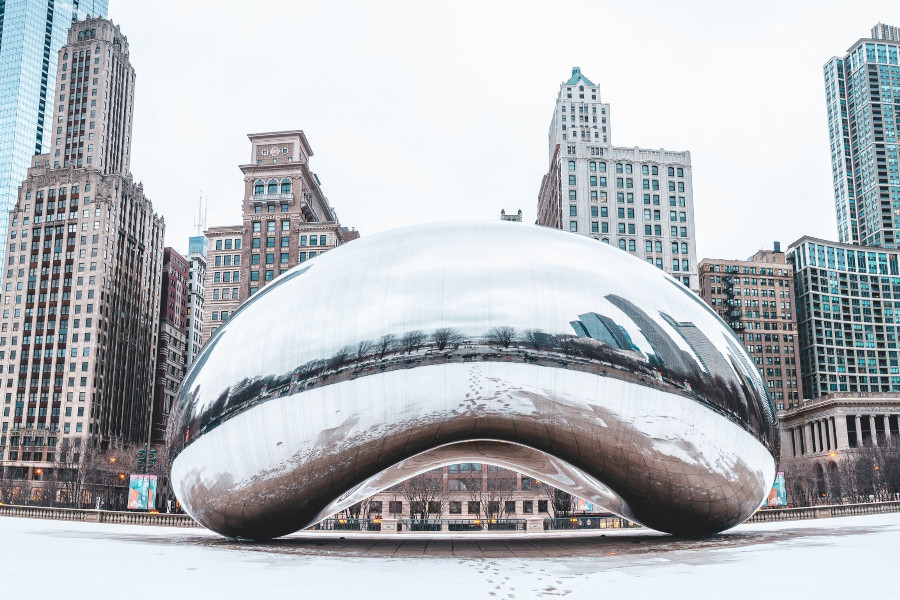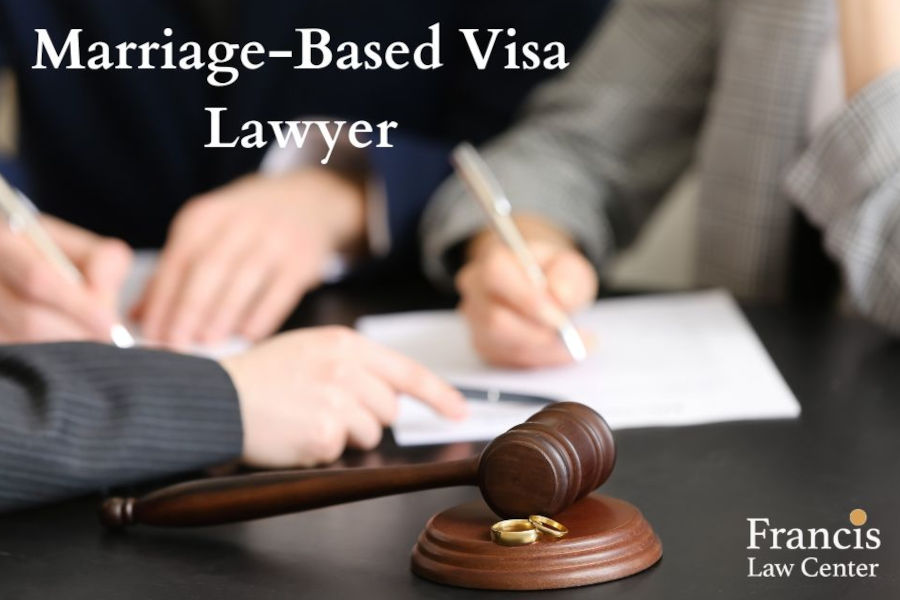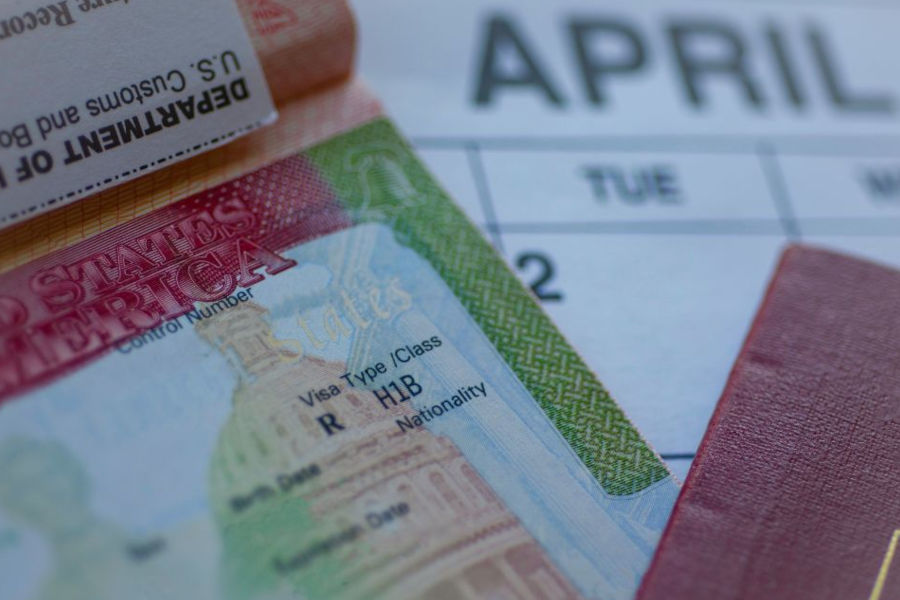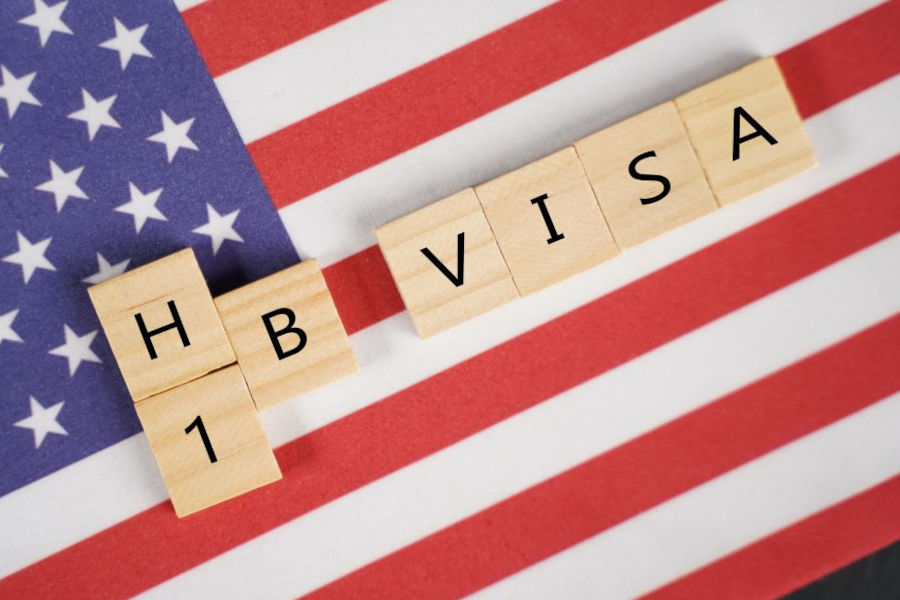The Department of Homeland Security (DHS) has stopped defending the 2019 public charge rule following a review undertaken by the Executive Order. Appeals of decisions that invalidated or enjoined the updated public charge guidance have been dismissed by an unopposed motion in three federal courts. A petition for certiorari to the Supreme Court was also dismissed.
The DHS rule redefined “public charge” to mean someone who receives, or is more likely than not to receive, an aggregate of twelve months of public benefits within any thirty-six-month period. Likelihood considered factors such as age, assets, and health. The rule then expanded the definition of public benefits to include Medicaid, public housing, and SNAP, increasing who would be deemed inadmissible.
Form I-944 had been required to be filed in the adjustment of status cases under the DHS rule. Known as the Declaration of Self-Sufficiency, applicants were tasked with demonstrating they were not, or were not likely to become, inadmissible on public charge grounds.
Although the rule’s legal status fluctuated throughout litigation, it had been applied through much of 2020.
The nearly identical Department of State public charge rule, currently enjoined and not being applied, is not affected by the DHS announcement and motions. The DHS rule only covered applications from inside the U.S.
Once the DHS rule is invalidated, the previous policy, from 1999, will be used. This nullifies the aforementioned changes, including the need for Form I-944, but retains public charge grounds for inadmissibility. Specifically, the 1999 guidance tests for whether someone is “primarily dependent on the government” and does not include receipt of non-cash benefits like Medicaid, public housing, and SNAP.
Further information from DHS is forthcoming, including when USCIS will stop following the 2019 rule.
Francis Law Center can help with green card cases affected by the new DHS actions and on all other matters of immigration law.
This information is intended to educate and should not be taken as legal advice.

